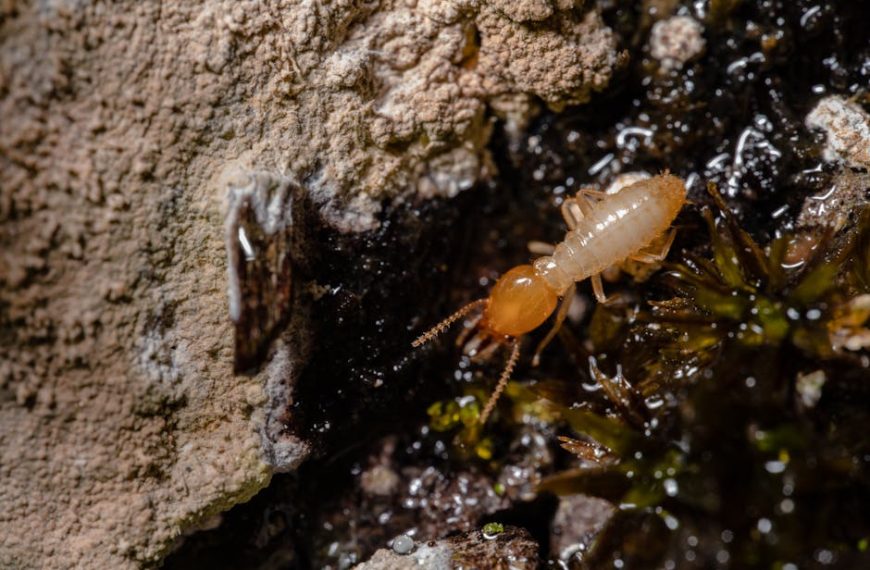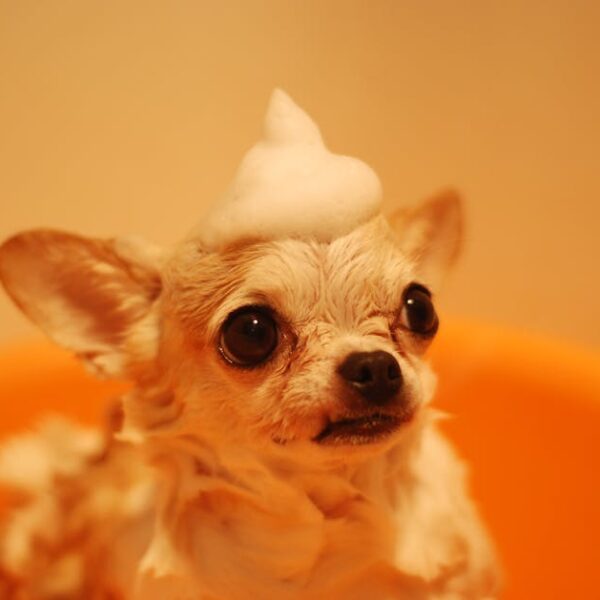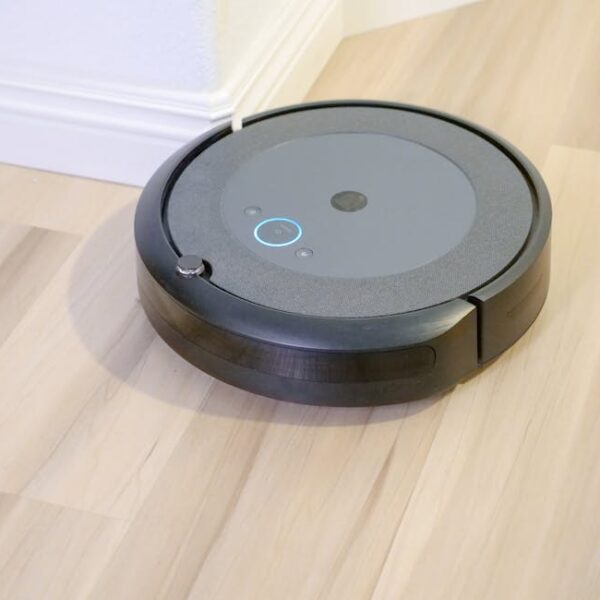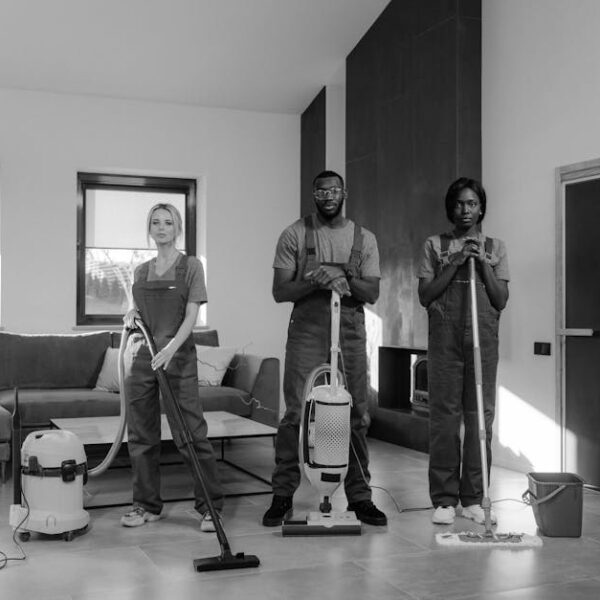Vacuuming while pregnant is generally considered safe. However, there are specific aspects to consider and precautions to take before firing up that vacuum cleaner in anticipation of a cleaner, dust-free home.
Understanding Pregnancy and Physical Activities
Pregnancy is a special time for women; it elicits joy, anticipation and brings a noticeable alteration in body capabilities and physical tolerance. While some physical activities are encouraged during pregnancy for overall health and wellbeing, others need moderation. It’s important to understand how physical limits change as you progress through different stages of pregnancy.
- In the first trimester, women often experience increased fatigue. Light chores are still doable, but caution is advised if you feel exhausted.
- During the second trimester, many women find they regain some energy, but the expanding belly may make maneuvering a bit challenging.
- The third trimester is accompanied by increased size and body demands, making some chores physically challenging. Care should be taken to avoid overly strenuous tasks.
Pro Tip: Pregnancy brings different experiences for every woman. It’s crucial to listen to your body and seek professional advice when physical discomfort lingers.
Specific Concerns About Vacuuming During Pregnancy
While vacuuming may seem like a harmless routine chore, certain considerations make it a topic of discussion amongst expecting mothers. These include:
- Exposure to dust and allergens can potentially aggravate respiratory issues, such as asthma or allergies, which are sometimes heightened during pregnancy.
- The pushing and pulling motion while vacuuming may put a strain on your back and abdomen, potentially leading to discomfort or even injury.
- There is minimal concern about noise levels from vacuuming affecting the hearing of the unborn baby. However, if the task gives you a headache or distresses you, you may want to take a break or ask for assistance.
Checklist:
To ensure safer vacuum sessions:
- Use a lighter weight vacuum cleaner.
- Take regular breaks.
- Consider wearing a pregnancy support belt.
- Avoid bending or twisting your body awkwardly.
Advice from Health Experts About Vacuuming While Pregnant
Most health practitioners agree that vacuuming is safe during pregnancy, provided certain safety guidelines are followed to minimize any risk of strain or injury.
Best Practices:
- Opt for a vacuum cleaner with good mobility, reducing the need for body twisting maneuvers.
- Use the correct technique: Aim for longer strokes using your legs and arms rather than short, forceful efforts.
- Stay hydrated and take regular breaks – don’t rush!
Comparison:
Different health organizations provide contrasting views on the topic, with some asserting that vacuuming during pregnancy is safe, while others suggest caution and moderation. It’s important for you as an expectant mother to understand your body and make decisions which best suit you.
Can Steam Cleaning Be a Safe Option for Pregnant Women to Maintain a Flea-Free Home?
Steam cleaning to eliminate fleas effectively is a safe choice for pregnant women, as it uses high temperatures to kill pests without harsh chemicals. This method not only helps maintain a flea-free home but also ensures a healthier environment for both mother and baby, reducing exposure to harmful substances.
Possible Alternatives to Vacuuming While Pregnant
While maintaining a clean environment is key, pregnant women may want to explore other cleaning options to reduce physical strain without compromising cleanliness.
- Eco-friendly cleaning methods: Using microfiber cloths, for instance, can capture dust efficiently without the need of extensive physical effort.
- Outsourcing house cleaning duties: If you have the means, consider hiring a home cleaning service, taking special care to choose eco-friendly and non-toxic cleaning options.
- Use robotic vacuum cleaners: These devices can handle the job without requiring your physical input.
List: Top Vacuums Ideal for Pregnant Women:
- ROWENTA Silence Force Extreme: Compact and lightweight, it’s easy to maneuver.
- Dyson V11 Cordless Vacuum Cleaner: Light and cordless, making vacuuming less strenuous.
- iRobot Roomba 675: A robot vacuum that does the work for you, allowing you to avoid strain.
Pro Tip: Using long-handled dusters and mops can also help you keep your home clean without having to bend or exert excessive pressure.
Final Thoughts on Vacuuming During Pregnancy
While vacuuming during pregnancy can be safe, it’s essential to listen to your body, adapt your routine and take precautions to ensure your wellbeing and that of your unborn child.
Best Practices:
- Choose lighter, more maneuverable vacuum cleaners.
- Avoid physically strenuous vacuuming techniques.
- Take regular breaks and stay hydrated.
Pro Tip: Remember, you don’t have to do it all alone. Delegate tasks when possible and focus on your health and your baby’s wellbeing. Your home doesn’t need to be perfectly clean all the time. Your comfort and safety should always come first during this special phase of life.
Key Takeaway:
- Pregnancy affects the body’s physical capabilities and tolerance level to strenuous activities, including household chores like vacuuming.
- While vacuuming is generally safe during pregnancy, exposure to dust and allergens, strain due to pushing and pulling motion, and noise levels are aspects to consider.
- Health experts recommend listening to the body, taking regular breaks, using lighter weight vacuum cleaners, and employing proper vacuuming techniques as ways to safely conduct this chore during pregnancy.
- Alternatives to vacuuming during pregnancy can include using eco-friendly cleaning methods, outsourcing housecleaning, or utilizing robotic vacuum cleaners.
Remember that each pregnancy is unique. As an expectant mother, it’s vital that you balance your desire for cleanliness with care for your own wellbeing and that of your unborn baby. Don’t be afraid to adjust your cleaning routine or seek assistance when needed. Your comfort and safety always take precedence.
FAQs
Q: Are there any physical activities that are completely off-limits during pregnancy?
A: Certain high-intensity and high-impact physical activities might be risky during pregnancy. It’s always best to seek advice from your health professional on what physical activities to avoid.
Q: Can dust and allergens from vacuuming harm my unborn baby?
A: There’s no evidence to suggest that exposure to dust and allergens during vacuuming can harm an unborn baby directly. However, it can potentially aggravate respiratory issues in the mother, which can indirectly impact the baby. As a precaution, wearing a protective mask and using a vacuum with a good filter is advised.
Q: Are there any features I should look for in a vacuum cleaner to make cleaning easier during pregnancy?
A: Lighter weight, good mobility, cordless, and designs reducing the need for bending or twisting are all useful features for a vacuum cleaner to be used during pregnancy. Consider also robotic vacuum cleaners that do the job without your physical input.
Q: How frequently should I take breaks when vacuuming during pregnancy?
A: There’s no strict rule, but if you start experiencing discomfort or fatigueness, it’s a sign to take a break. Remember, you don’t have to complete all cleaning in one go.
Q: Are robot vacuum cleaners effective compared to traditional vacuum cleaners?
A: Yes, modern robot vacuum cleaners can be just as effective as traditional vacuums for basic household cleaning. They’re an excellent tool to maintain cleanliness with minimal physical involvement.
Please share this article if you find it helpful, and explore more posts on our website about leading a safe, healthy lifestyle.












